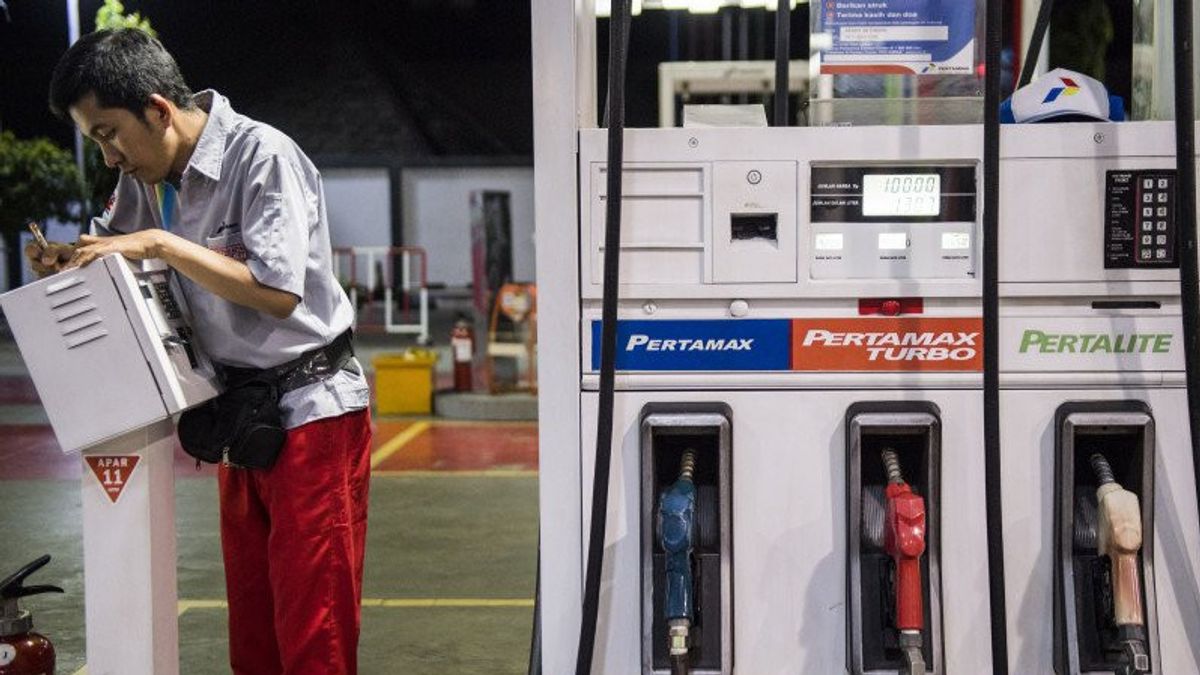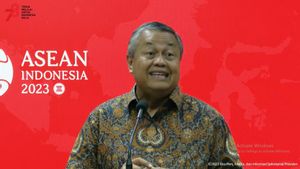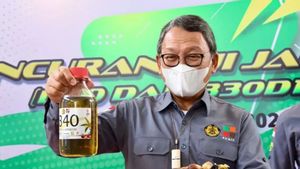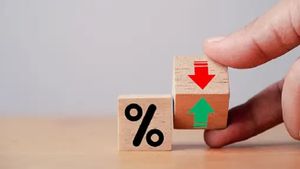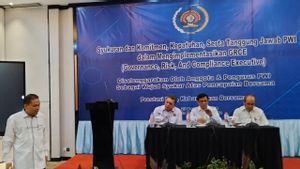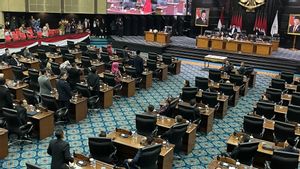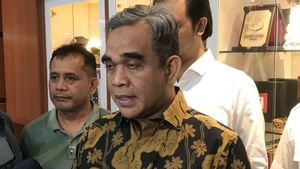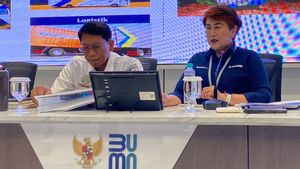Jember University (Unej) economist Hadi Paramu said the government's policy of continuing to provide subsidies for fuel oil (BBM) needs to be followed by changes in people's behavior related to transportation.
"The increase in world oil prices has an impact on domestic oil prices. Government efforts to continue to provide fuel subsidies must be followed by changes in people's transportation behavior," Hadi said as quoted by ANTARA, Thursday, September 1.
Hadi said that the increase in international oil prices would have an impact on the national economy because Indonesia is a net oil importer country.
"But in general, domestic oil consumption is higher than production. So there is a deficit in domestic oil demand that must be met from imports," he said.
Based on a report in July 2023 from the International Energy Agency, global demand for oil could rise 2.2 million barrels per day to reach a record of more than 102 million barrels.
The cut in supply from OPEC plus early that month also raised oil prices.
Saudi Arabia cut production by one million barrels per day in July 2023, as well as Russia, which is expected to reduce production by 500,000 barrels per day.
"So when the government imports oil, domestic fuel prices will be affected by world price movements. Adjustments to world prices are very logical to do, so that there is no price disparity between world oil prices and domestic oil prices," he said.
He said the government's policy to maintain pertalite subsidies so that there is no change in price will have a positive impact on maintaining people's purchasing power, so that transportation costs are also more friendly, and the push for inflation will decrease, purchasing power from the community will also increase.
"Transportation is important in the economy and distribution of goods. As a result of the increase in fuel prices, it may not only increase household fuel spending, but also have an impact on the driving increase in the price of other needs," he said.
This, if left unchecked, will burden the community because people's purchasing power will decrease if it is not accompanied by an equivalent increase in income.
Based on data from Pertamina Region Java, Bali, Nusa Tenggara, pertalite subsidies still dominate the fuel market share of around 86 percent. Meanwhile, Pertamax is only 13 percent, Pertamax Turbo is 0.3 percent. Pertamax Green's new product is only available in Surabaya with a market share of 0.4 percent.
Biosolar subsidy has a 96 percent market share and this figure is followed by a 2.5 percent Dexlite market share and 1.5 percent Pertamina.
Hadi reminded the public not to be spoiled by government subsidies and to start changing their lifestyle to be more efficient by avoiding unnecessary expenses, especially related to fuel.
"Maybe people start using public transportation or more efficient transportation. That might be a movement that people can do," he said.
اقرأ أيضا:
Hadi also reminded that the fuel subsidy should really be enjoyed by groups of lower middle-income people, and not by the economy that can afford it because it is also to keep subsidies from increasing.
"If the price disparities in domestic and foreign countries are widening with the higher world oil prices, the volume of subsidies will increase. It will suck up substantial resources from the government," he said.
He hopes that the government will rush to provide proper public transportation facilities, so that people are interested in using them because so far congestion has not been broken down due to people feeling that they prefer to use private transportation rather than public transportation.
The English, Chinese, Japanese, Arabic, and French versions are automatically generated by the AI. So there may still be inaccuracies in translating, please always see Indonesian as our main language. (system supported by DigitalSiber.id)
